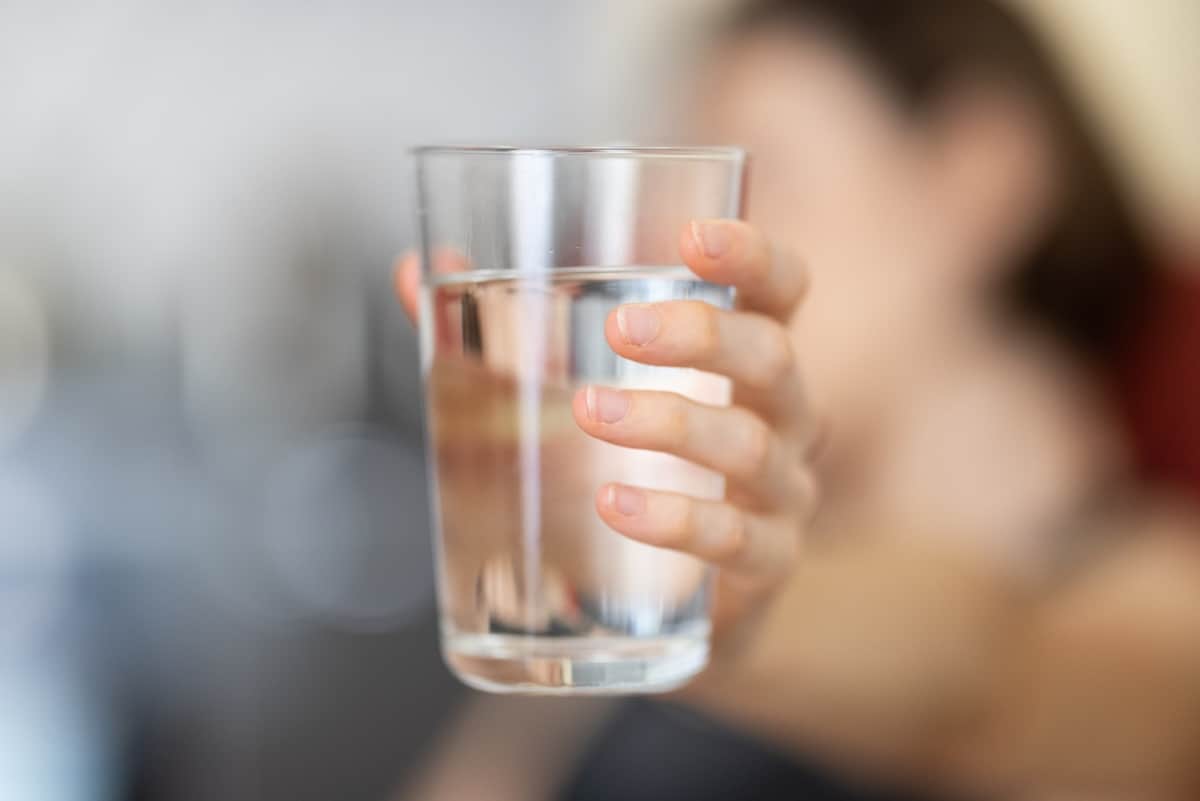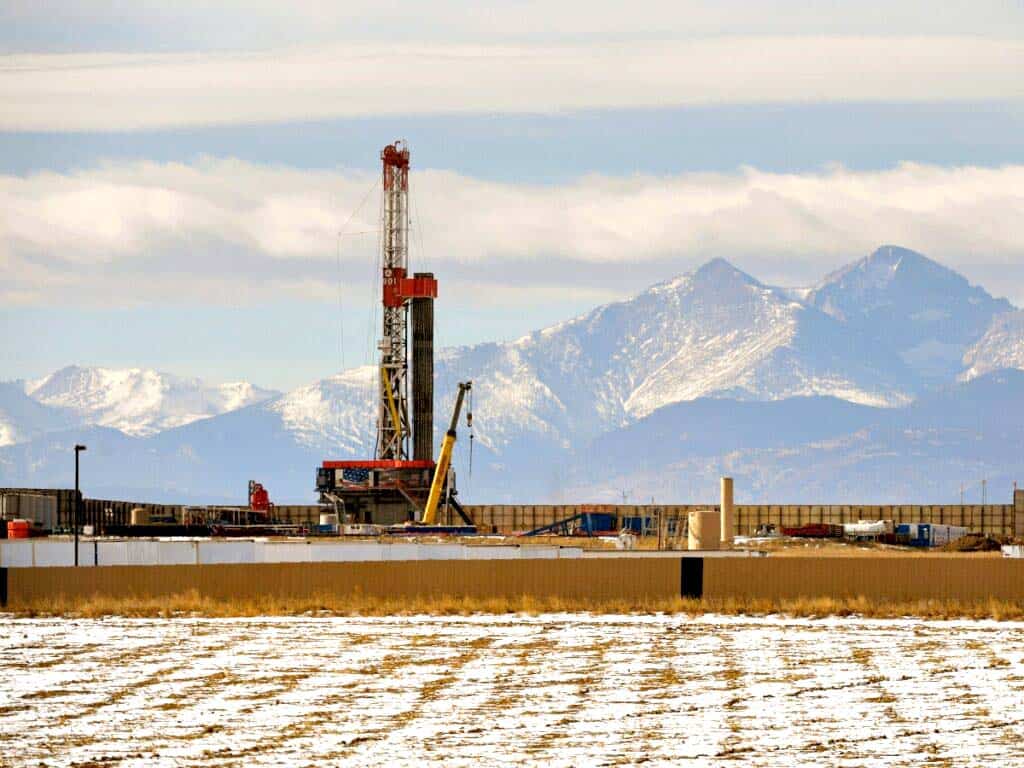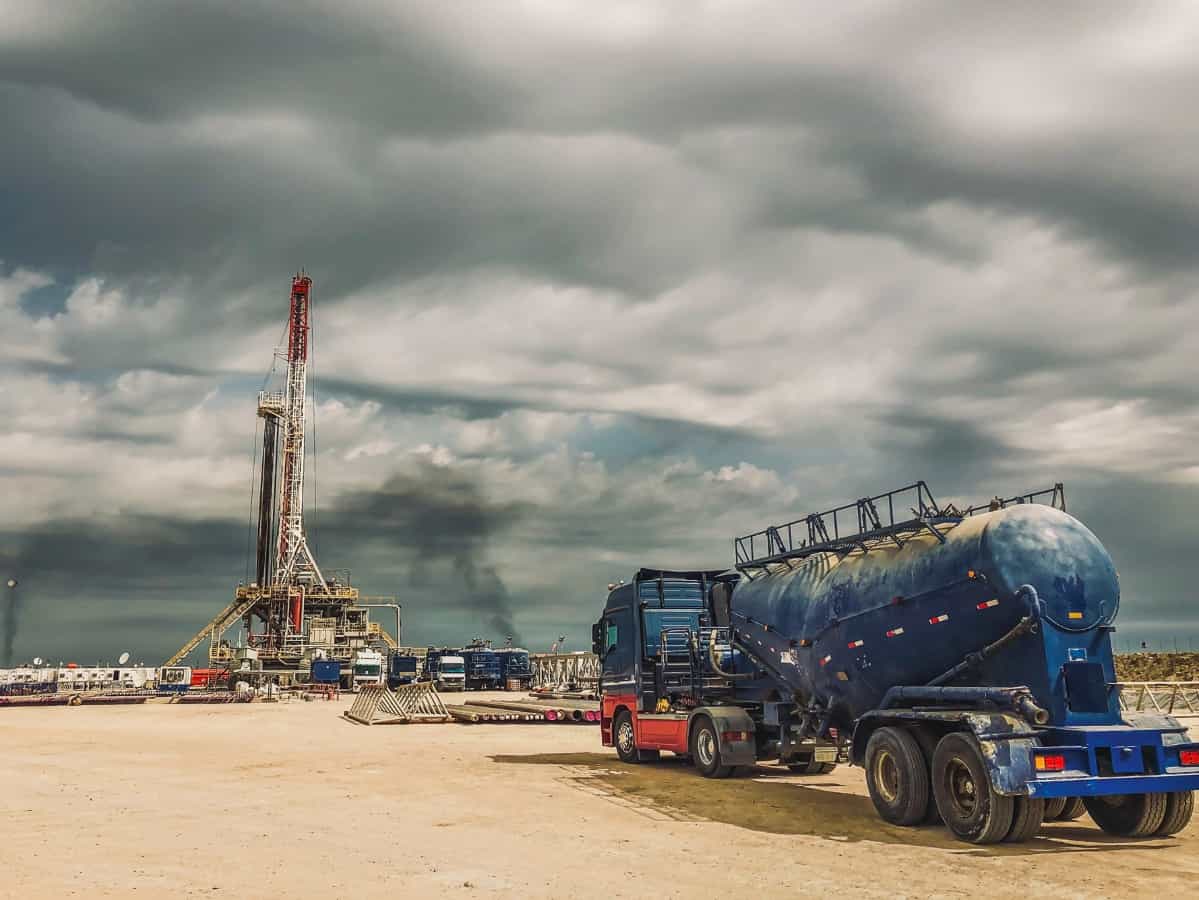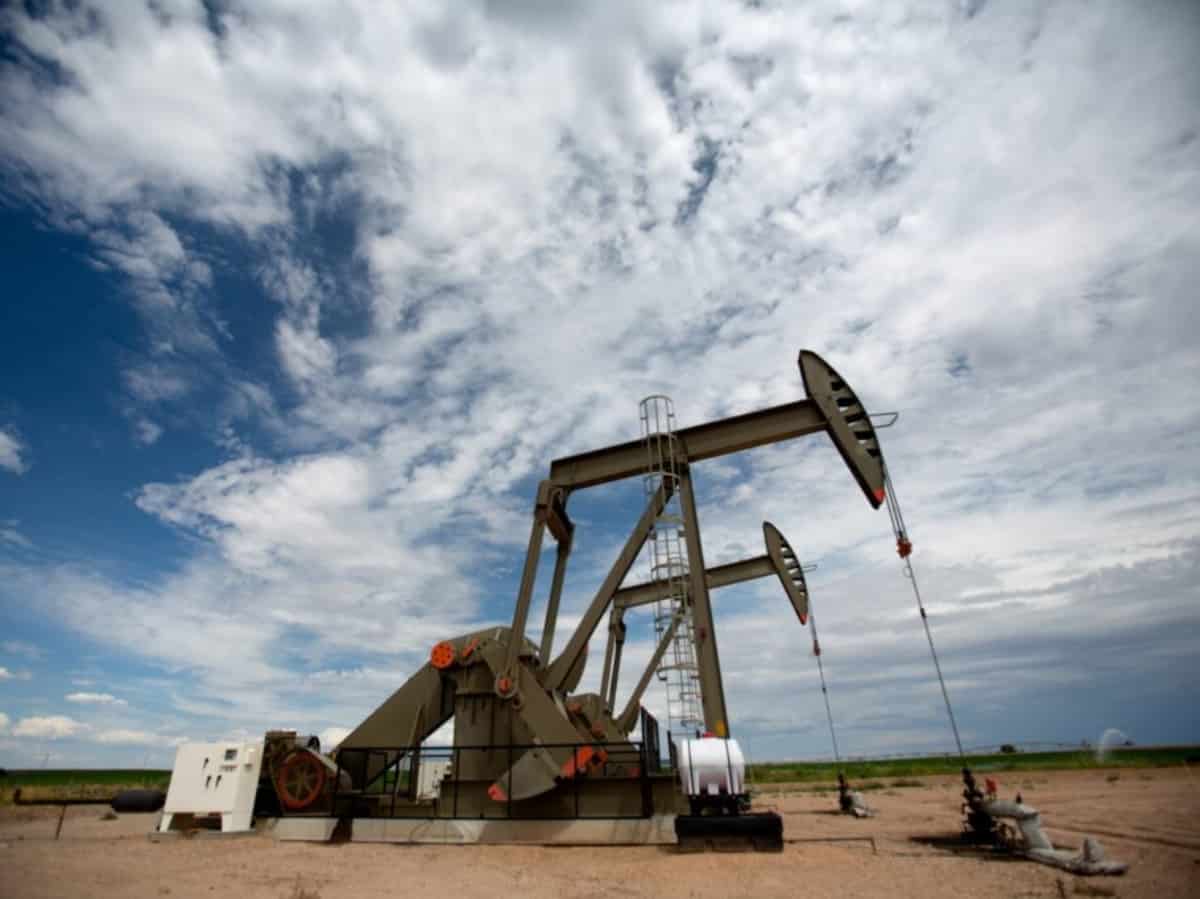The science concerning the question, “Does fracking pollute water?” is very controversial. While environmentally friendly sources deem this to be true beyond a doubt, some studies purport that fracking is not only necessary but a safe process with no long-term effects on the planet or water sources.
However, many citizens and experts continue to tout the dangers of fracking which range from polluted water to environmental damage and causing earthquakes. Beyond the process of fracking itself, extracting fossil fuels like oil, coal, and gas strip mines much of the earth’s surface, which can result in damage that is likely to be unrepairable in our lifetime.
Fossil fuels in and of themselves further impact the planet through the emission of greenhouse gases thought to source global warming. Let’s delve into what fracking is, how it can pollute water, and possible alternatives to avoid these consequences.
What is Fracking?
The process of fracking is used as a means of boosting oil and natural gas well production, which is a developing concept since its discovery in the 1940s. In essence, this technology enables miners to make fractures and widen them within impermeable rock formations that lock in oil or gas. Common materials that produce these prized resources include tight-sand formations, shale, and coal beds. These come to fruition via natural cracks or through force-fracking with machinery.
The expansion of these fractures is known as fracking. The larger the crack, the easier gaining access to fossil fuels is. This means that more gas and oil can be extracted from a site of land. Technically, these industries make the cracks wider by employing a method known as hydraulic fracturing (fracking for short). It is possible to frack these unconventional wells over a dozen times.
Hydraulic fracking involves forcing a fluid—usually water, propane, or oil into the racks to open them wider and enlarge the fissure. Ultimately, each well can use between 2.6 million to 18.5 million gallons of water or other fluids. What happens to this fluid once shoved back into the ground? That’s the biggest debate concerning how fracking can affect water sources, but that’s not the only potential consequence.
What are the Potential Environmental Consequences of Fracking?
There is no denying that hydraulic fracturing is revolutionizing oil and gas drilling efforts across the nation. Fracking is the easiest way for companies to make an unviable well into one that is a solid producer of products. However, at what cost to our ecosystem and the well-being of the people who occupy the planet?
Without every drilling company following stringent safety regulations and protocol, fracking can pollute drinking water, and ground and surface water, threaten wildlife and taint wild landscapes. Let’s discuss a few of the potential risks and some supporting science to determine “does fracking pollute water?” and what the risks are.

Does Fracking Pollute Groundwater?
Whether or not hydraulic fracking pollutes our groundwater appears to be an unquestionable truth. One of the most adverse aspects of fracking appears to be its effect on groundwater. Between fracking chemicals and extracting fuels, groundwater supplies often indicate some type of contamination.
Methane contamination in groundwater is unequivocally a result of shale gas mining and development. High levels of methane, ethane, benzene, and chromium-6 are also detectable in wells proximal to fracking operations. According to a study published in the journal Science, there are several previously undocumented risks to not only groundwater but to surface water in lakes, streams, and rivers.
Fracking and the Effects on City and Drinking Water
Because fracking uses tremendous amounts of water, the process can reduce groundwater levels and lower the water pressure in aquifers nearby. This allows methane gas to accumulate in bubbles that surface in household pipes and shallow bodies of water that often source city water supplies. This odorless, colorless gas has resulted in documented cases of homeowners near fracked wells being able to set their water on fire!
The Environmental Protection Agency (EPA) has issued recent findings that prove that fracking can indeed lead to water pollution. As a result, some private drinking wells ultimately suffer from so much pollution that they can become unusable, which impacts homeowners’ ability to access fresh tap water. However, those who rely on city water can also face these challenges when city water sources become unsafe and unusable.
Should Homeowners Be Concerned About Fracking?
After learning about the aforementioned studies—which are only a few out of thousands—it appears that there is some truth to the point that fracking pollutes water. This leads to concerns about the health risks that consumers face, in addition to the water supply depletion that hydraulic fracking promotes. Let’s expand on this a bit.
Fracking Poses Serious Health Risks
It requires 80 tons of chemicals (200,000 gallons) to perform a four billion gallon hydraulic fracking project. Several fracking chemicals are attributable to health concerns including:
- Gastrointestinal Issues
- Eye Irritation
- Skin Irritation
- Respiratory Problems
- Brain & Nervous System Dysfunctions
There are many steps in the drilling, removal, transport, storage, and distribution of these gases, which is a part of the problems that we’ll cover shortly.

The Consequences of Water Supply Depletion and Hydraulic Fracking
Fracking requires massive amounts of water, which typically involves removing fresh water from surface and groundwater resources. Even though efforts are being directed towards using non-potable water, US water consumption for fracking is said to be ‘negligible’—in comparison with industrial water use. According to experts, fracking’s water footprint could increase up to 50-fold in some regions by 2030.
Another major concern lies within areas where there are limitations to freshwater access. Anywhere aquatic ecosystems are scarce, people may lack access to fresh water for irrigation, drinking, and bathing. While many of these consequences are attributable to climate change and regional locations, a surplus of fracking in these areas can potentially result in excessively contaminated water. This certainly can pose a problem for homeowners in these areas.
How Fracking Pollutants Seep Into Water Sources
There are a few ways that hydraulic fracking leads to the contamination of ground, surface, city, and drinking water sources. Let’s discuss a few of the most common.
Fluid Leaks
Spills and leaks can easily occur during the fracking process. During the transporting of concentrated chemical additives, fluids can escape holding tanks. It is not unheard of for these equipment failures to lead to contaminants reaching surface water sources.
Well Construction
The proper construction of oil and gas wells is pivotal in allowing them to withstand intense pressure and temperature fluctuations. Due to poor design or human error, gas and oil from fracking wells can leak. Studies—particularly in Texas and Pennsylvania—have pointed to faulty well construction as a highly suspect reason behind many cases of methane pollution in water.
Fractured Rock Formations
While operators have a target zone for fractures, they ultimately cannot control exactly where they will occur. When fractures extend farther than operators intend to, a link up with a naturally occurring fault, other wells, or man-made fractures can pollute nearby water sources. According to the EPA, data is lacking on the proximity of fractures to underground aquifers, which leads to even more questions concerning how fracking pollutes drinking water.

Are There Safer Alternatives to Fracking?
While oil and gas companies and environmental groups are steadfast in their positions when asked, “Does fracking pollute water?” one thing is certain. *If scientists, environmental policy builders, and corporations work together in analyzing solid facts and data, innovative solutions may surface and grow into workable ideas for both people and the planet.
One option industry leaders are embracing to some extent is a non-hydraulic fraction, which is a cheaper alternative than traditional methods. It is also a more sustainable way to extract oil. Solar power is quickly showing that it is more economic than fracking. Solar and wind power are renewable and don’t rely on water injections into wells.
Have Purer, Cleaner Water with ONIT Home
Even water not affected by fracking is likely to have many contaminants that can pose health risks, dry skin, and poor taste. However, for those who are concerned about the quality of the drinking water in their home but want to ditch bottled water, ONIT offers reliable solutions.
We are on the cusp of technology when it comes to whole-home water filtration systems that remove contaminants and chemicals from water. Contact us today to find out how you can get a free comprehensive water test from ONIT to see what’s lurking in your water. Depending on the results, our professionals can help determine the best way to ensure pure water in your home.
Call us right now at 1-833-433-0331 to get started!



